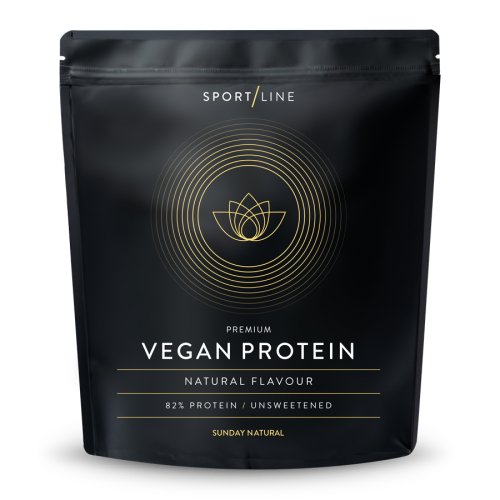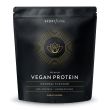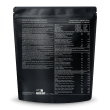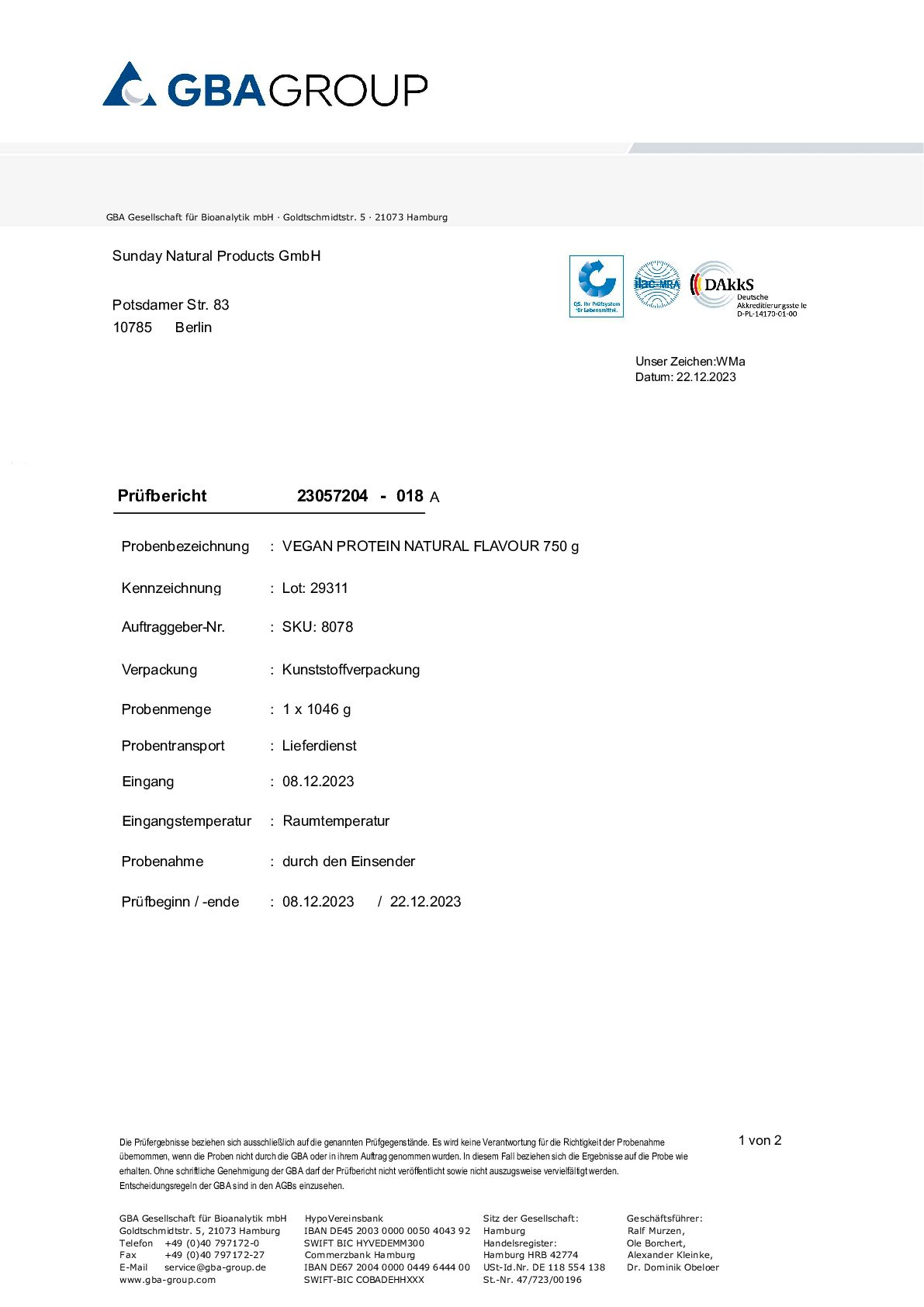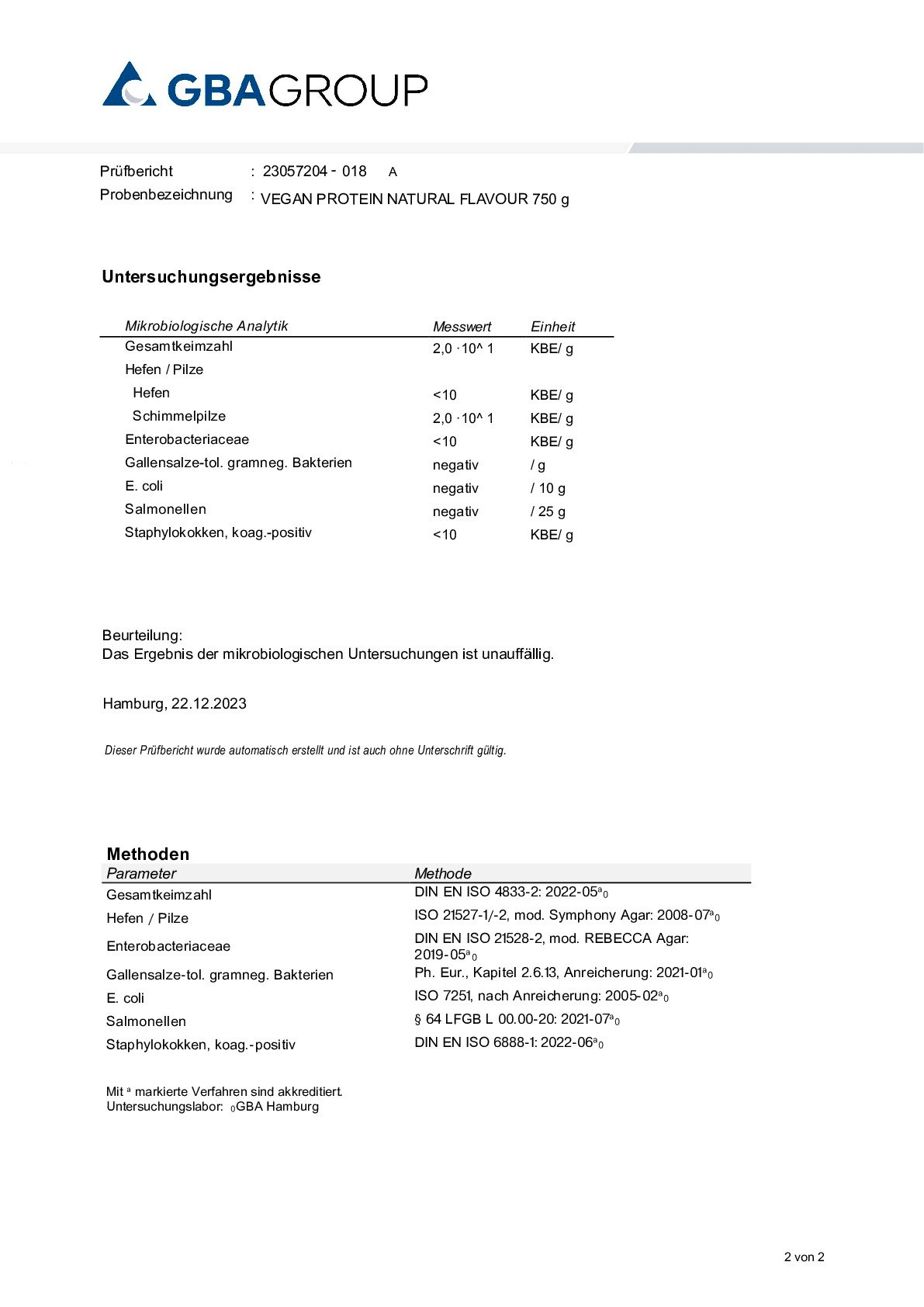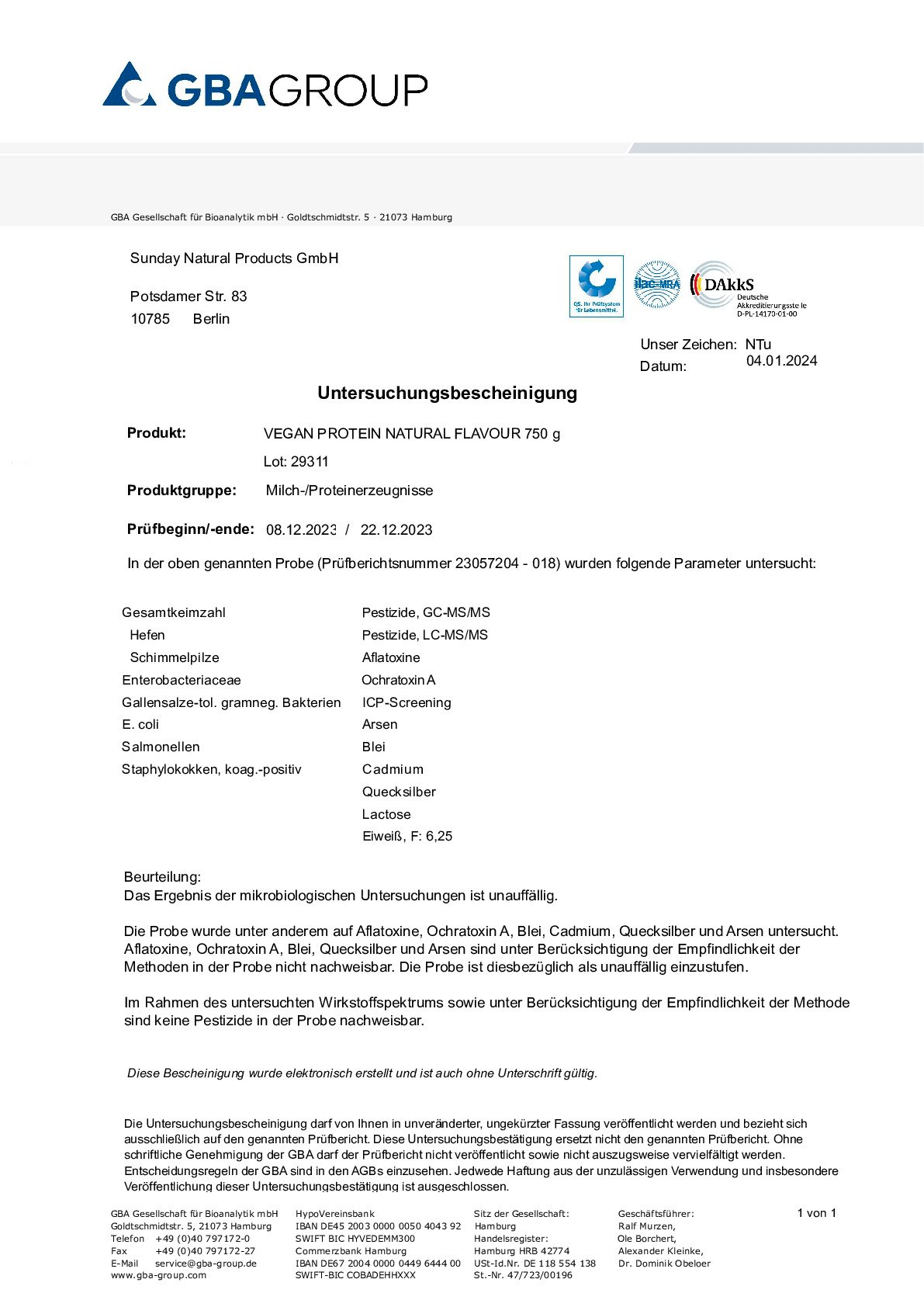Fava bean protein (Vicia faba, also known as broad bean) is obtained from ground fava beans. The mild, creamy fava bean protein can be isolated using an extraction process. To produce the pea protein (Pisum sativum L), the beans are first ground with water to a fine paste. The pea protein can then be mechanically isolated using a series of centrifugation and sedimentation steps. The sunflower seed protein (Helianthus annus) is obtained from the remaining pressing cake after the production of cold-pressed sunflower seed oil. This is ground, pressed again and ground again, resulting in a fine powder with a characteristic flavour.
According to the European Food Safety Authority (EFSA)
Protein contributes to:
- an increase in muscle mass
- the maintenance of muscle mass
- the maintenance of normal bones



